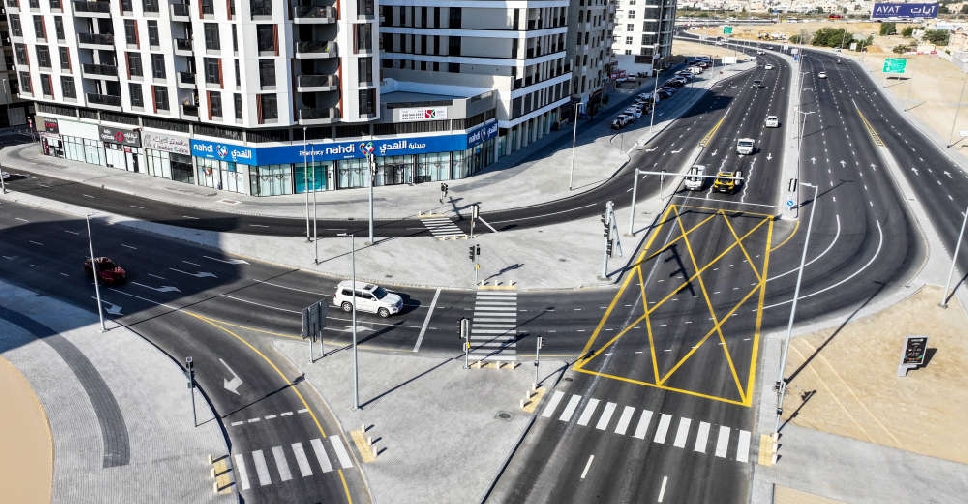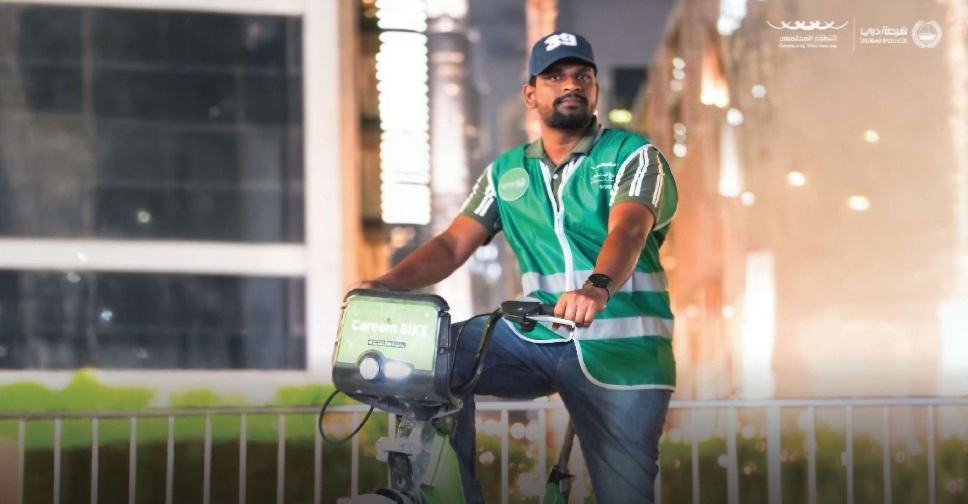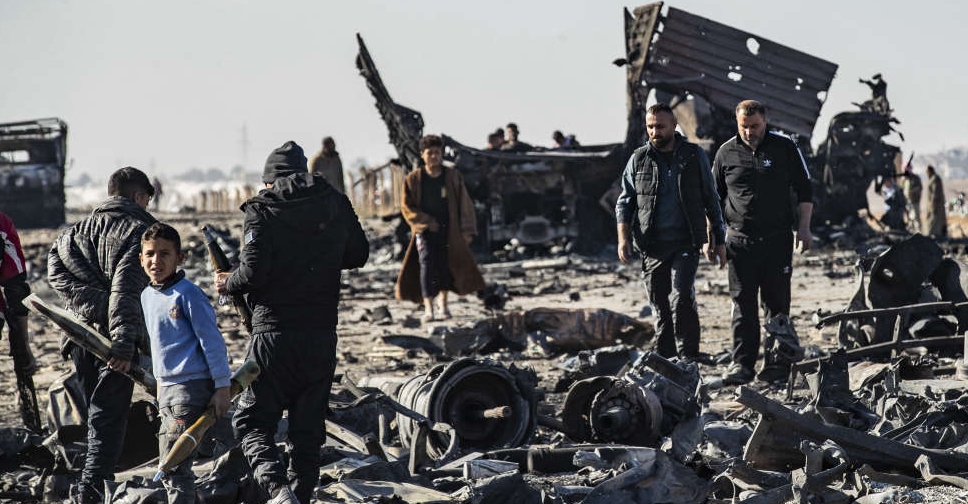
Israel pounded Syrian army bases on Tuesday in strikes it says aim to keep weapons from falling into hostile hands, but denied its forces had advanced into Syria beyond a buffer zone at the border.
In the Syrian capital, banks reopened for the first time since the overthrow of President Bashar al-Assad, in a major step towards restoring normal life. Shops were reopening, traffic returned to the roads, construction workers were back fixing a roundabout in the city centre and street cleaners were out sweeping the streets.
In a sign foreign countries are ready to work with the former al Qaeda affiliate that led the anti-Assad revolt, the UN envoy to Syria played down the group's designation as a terrorist organisation and welcomed its inclusion in a transitional administration.
Since Assad's flight on Sunday ended more than five decades of his family's rule, Israeli troops moved into a demilitarised zone inside Syria established following a 1973 war. Israel calls the incursion a temporary measure to ensure border security.
Three security sources said on Tuesday the Israelis had advanced beyond the demilitarised zone. One Syrian source said they had reached the town of Qatana, several kilometres to the east of the buffer zone and just a short drive from Damascus airport.
An Israeli military spokesperson said troops had not left the demilitarised zone.
"The reports circulating in the media about the alleged advancement of Israeli tanks towards Damascus are false. IDF troops are stationed within the buffer zone, as stated in the past," an official from the Israeli Defence Forces said.
Israel says it is not seeking conflict with the new authorities in Syria, but its jets have been bombing targets across the country over the past three days to ensure Syrian military equipment does not fall into hostile hands.
Regional security sources and officers within the now fallen Syrian army described Tuesday morning's air strikes as the heaviest yet, hitting military installations and airbases across Syria, destroying dozens of helicopters and jets, as well as Republican Guard assets in and around Damascus.
The rough tally of 200 raids overnight had left nothing of the Syrian army's assets, said the sources.

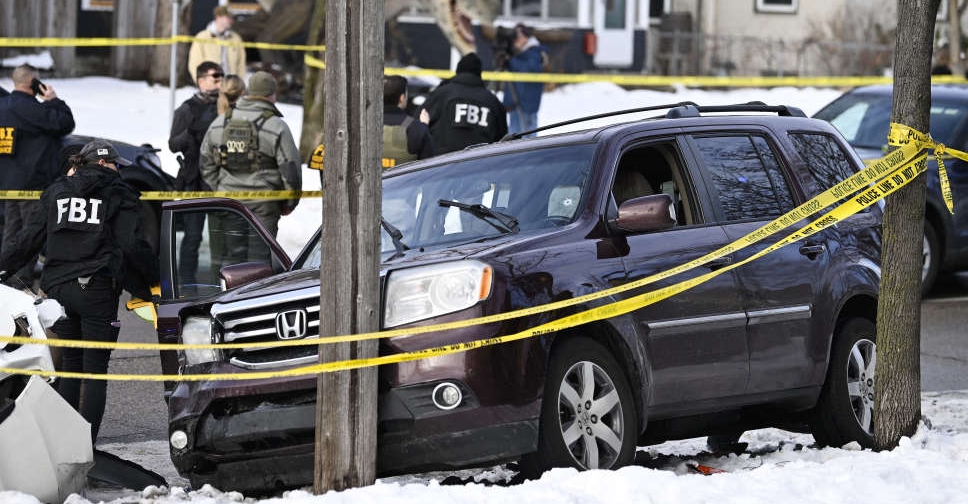 US immigration agent fatally shoots woman in Minneapolis
US immigration agent fatally shoots woman in Minneapolis
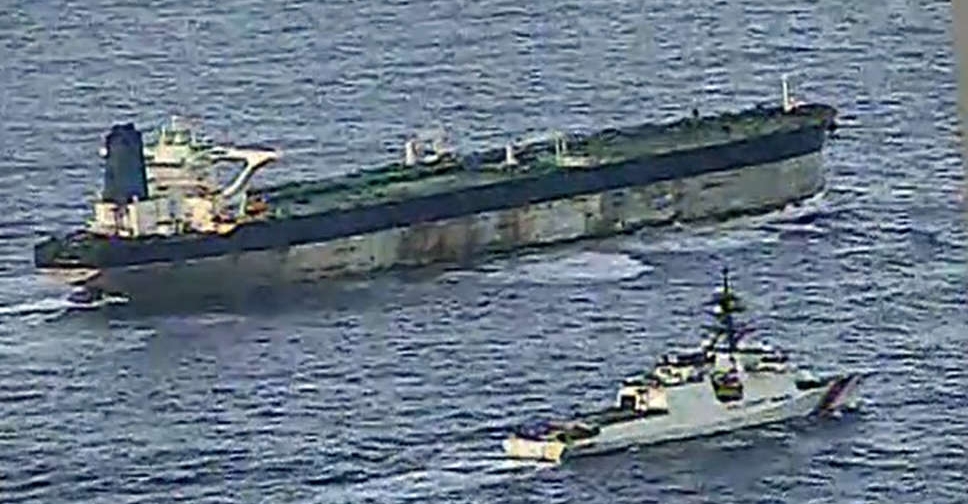 US seizes another tanker tied to Venezuela as Trump widens oil push
US seizes another tanker tied to Venezuela as Trump widens oil push
 Trump withdraws US from dozens of international and UN entities
Trump withdraws US from dozens of international and UN entities
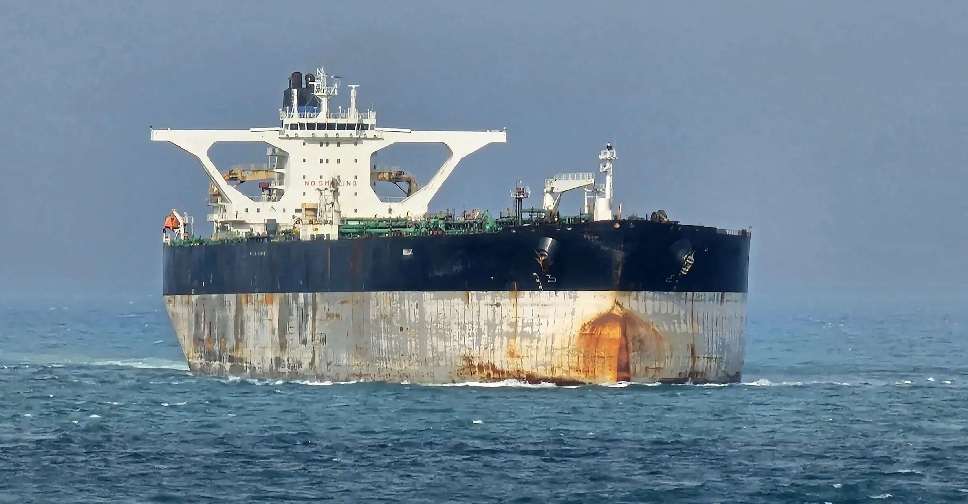 US seizes Russian-flagged oil tanker linked to Venezuela
US seizes Russian-flagged oil tanker linked to Venezuela
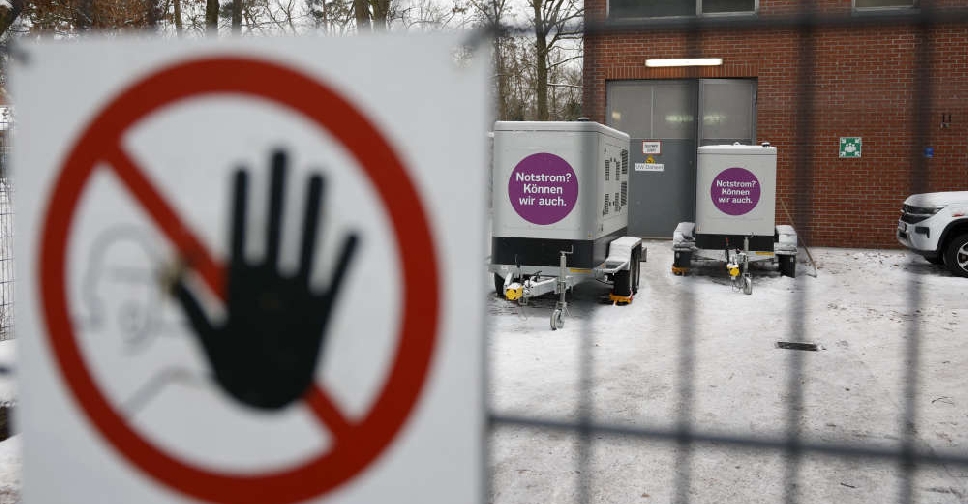 Power restored in Berlin after longest blackout since World War Two
Power restored in Berlin after longest blackout since World War Two

